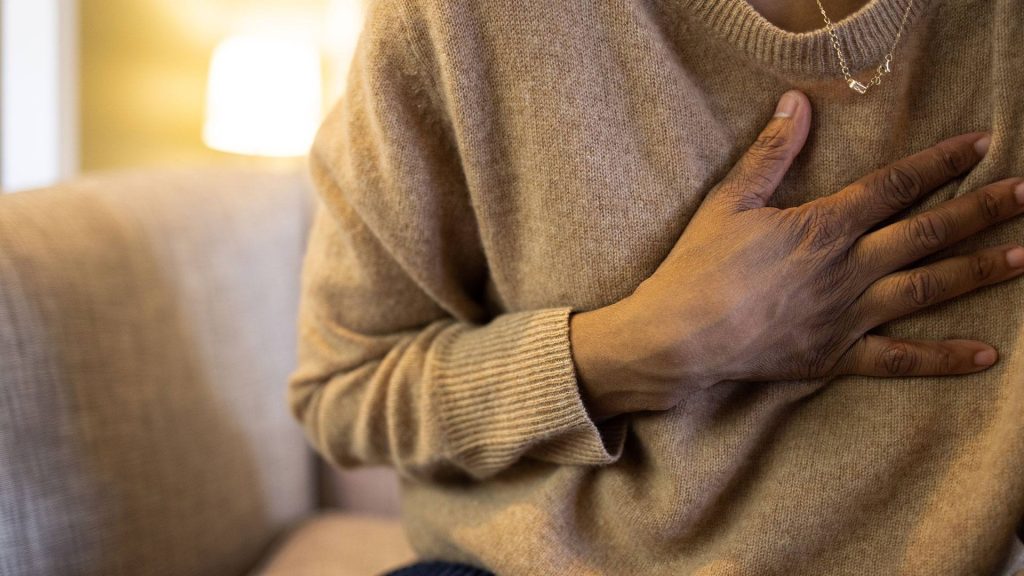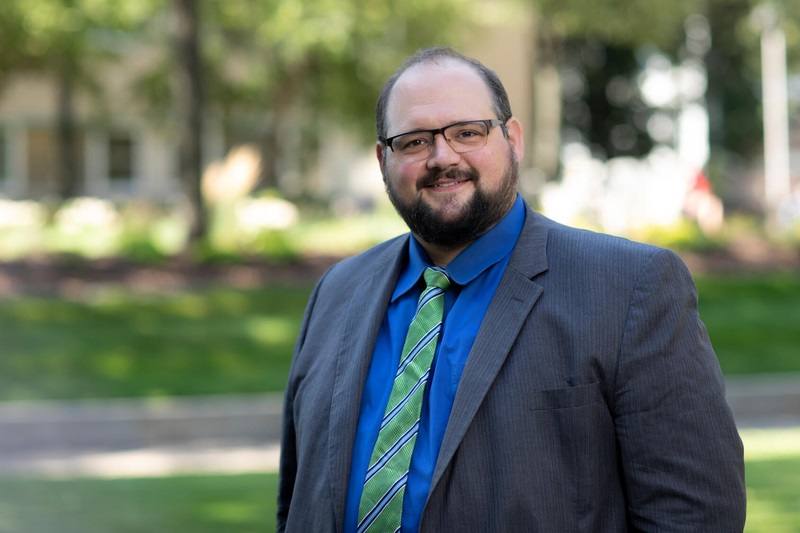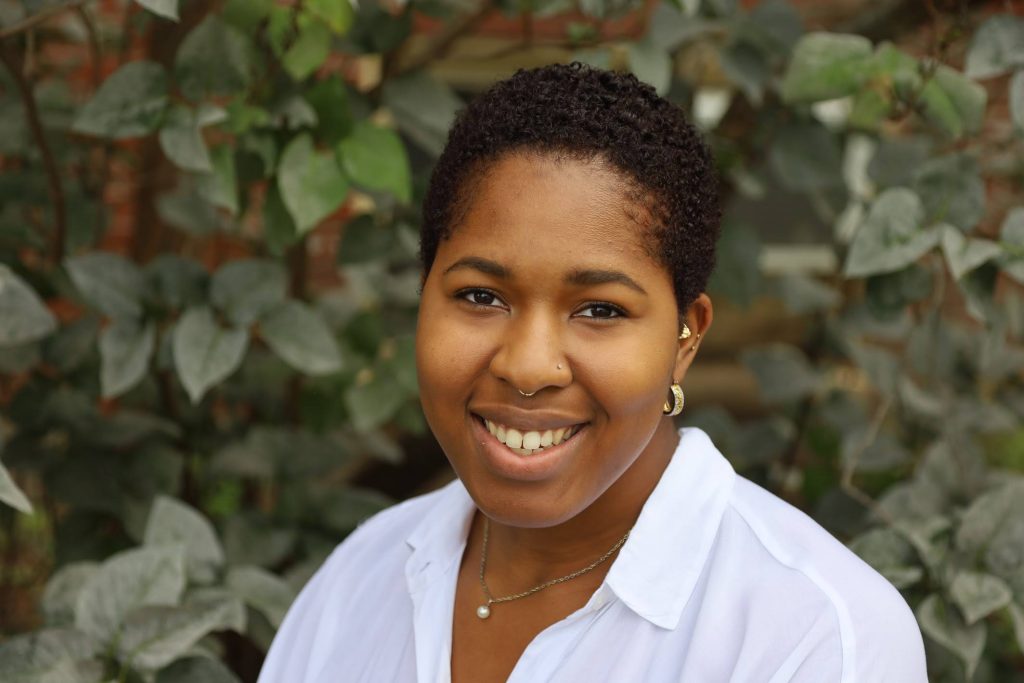Translational Science
June 26, 2024

Researchers from the Mayo Clinic and the University of Minnesota published a paper in the journal Clinical and Translational Science that offers a new framework for explaining how racism impacts the heart health of people of color in Minnesota, with a focus on addressing those disparities.
 Dr. Sean Phelan
Dr. Sean Phelan
“This framework will help scientists study and measure how chronic exposure to racism, rather than race, affects health outcomes,” said Dr. Sean Phelan, a health services researcher at Mayo Clinic and senior author of the paper. “This will enable researchers to address the root causes of these disparities and design interventions to improve the heart health of people of color around the world.”
The researchers are part of the Center for Chronic Disease Reduction and Advancing Equity in Minnesota (C2DREAM), which works with community leaders and community health organizations across Minnesota to reduce cardiovascular health disparities.
Reducing inequality in the broader picture
Historically, research on racism and health has focused on interpersonal racism. The C2DREAM framework takes a broader perspective and considers how oppressive systems of power, structural and institutional racism, and interpersonal racism work together to affect social determinants of health and health outcomes. Social determinants of health are non-medical factors that affect health. The U.S. Centers for Disease Control and Prevention describes these as “the conditions in which people are born, grow, work, live, and age.”
 Kene Orakwe
Kene Orakwe
“Our social structures and policies deny or allow access to opportunities in ways that impact health throughout a person's life,” says Kene Orakwe, lead author of the study and a predoctoral student in health services research, policy and management at the University of Minnesota School of Public Health. “I believe that in order to reduce inequalities, we need to intentionally examine these social structures.”
People who experience chronic racism may be affected by factors such as intergenerational trauma, reduced access to health care, discriminatory treatment in medical settings, and psychological distress — all of which can negatively impact heart health with cumulative effects over the course of a lifetime.
Promoting research to combat racial discrimination
C2DREAM's goal is to find ways to disrupt the impact of racism on heart health, and the C2DREAM framework provides a roadmap for researchers, including a common set of measures for different types of racism.
 Dr. Felicity Enders
Dr. Felicity Enders
“To change something, you have to be able to measure it,” said Felicity Enders, PhD, associate director of the Mayo Clinic Center for Clinical and Translational Science and co-investigator on C2DREAM.
The C2DREAM framework guides critical thinking, illuminates the multidimensional relationship between racism and heart health, and shows researchers how to measure the impact of racism at different levels. In doing so, the framework also shows researchers how to measure the actual impact of interventions.
For example, Enders says, studies with immigrant communities might look at structural barriers to heart health, such as access to culturally appropriate healthy foods, institutional barriers, such as the availability of interpreters during telehealth visits, and interpersonal barriers, such as cultural understanding between doctors and patients.
C2DREAM researchers are already using this framework to guide their work. All C2DREAM-funded studies collect common indicators of inequality, such as residential segregation and income disparity. This makes it easier to compare, share, and combine data across studies. It also leads to a more comprehensive understanding of how racism impacts heart health across Minnesota, and how to stop that impact.
Refining measures of racism
The researchers view the C2DREAM framework as merely a starting point, and future research will focus on refining measures of structural, institutional, and interpersonal racism, and expanding the framework to include the effects of cultural and internalized racism.
Learn more about C2DREAM
C2DREAM is a regional, statewide effort involving Mayo Clinic and Mayo Clinic Health System, the University of Minnesota, Hennepin Healthcare, Native American Community Clinic and the RAND Corporation. It brings together researchers from various disciplines and community stakeholders to leverage evidence-based medicine expertise and local and cultural knowledge. C2DREAM is funded by a P50 grant from the National Institute on Minority Health and Health Disparities. For more information on ongoing research projects and events, visit the C2DREAM website.



